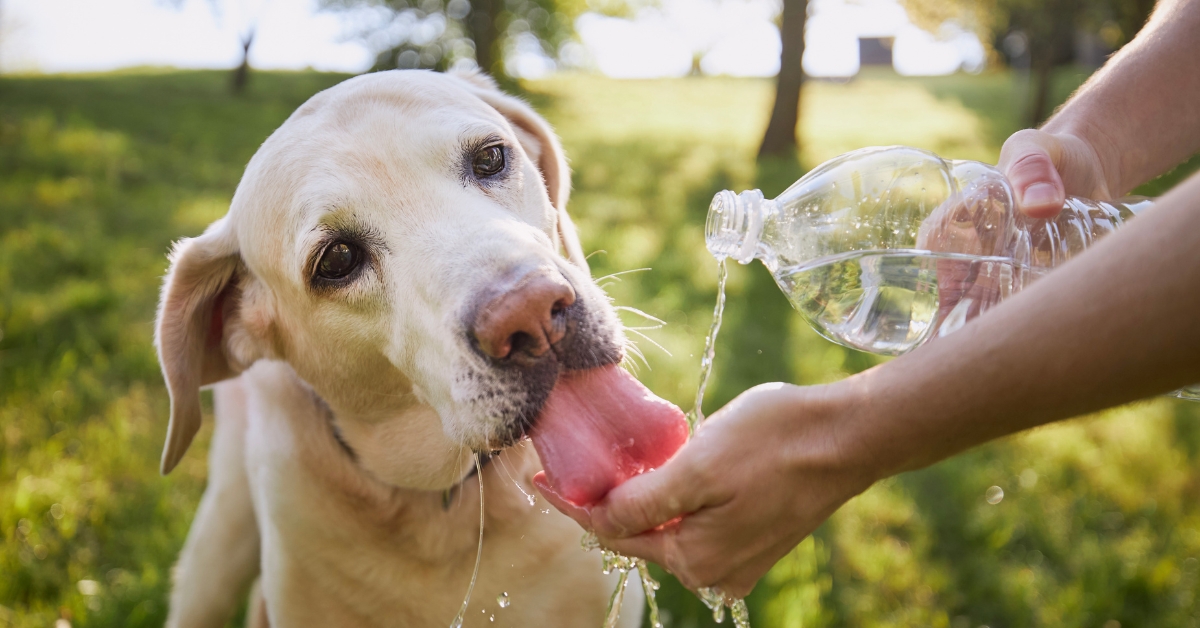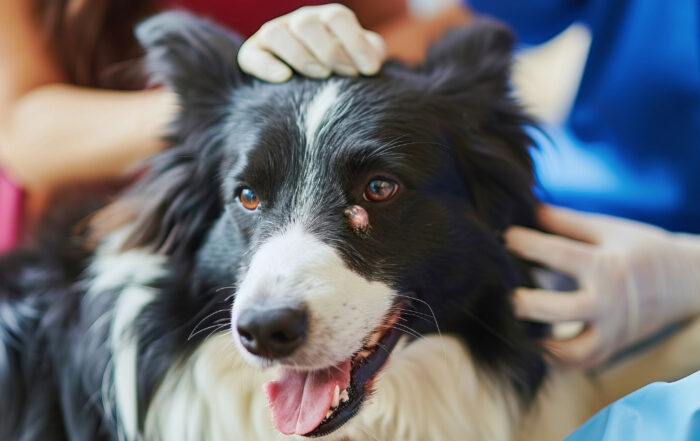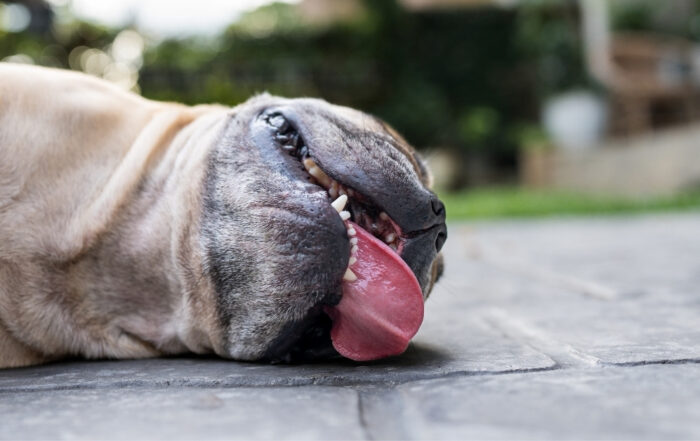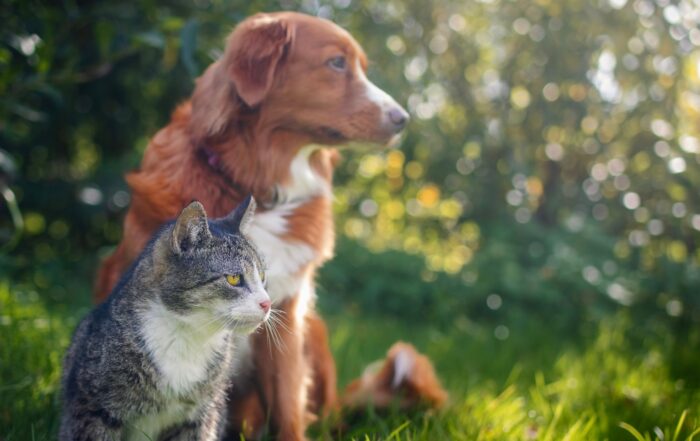If Your Pet Seems Dehydrated, Act Quickly!

Dehydration is a concern in pets. It can lead to serious health issues including organ impairment (heart, kidneys, liver); hypovolemic shock due to low blood volume; and electrolyte imbalance affecting muscle and nerve function.
Pets recovering from illness or surgery may be more susceptible to dehydration. And conditions such as diabetes or kidney disease can worsen if dehydration occurs.
You can check for signs of dehydration in your pet using a few methods:
If you suspect your pet is dehydrated, take them to your veterinarian quickly for assessment and treatment. Dehydration can be serious, so addressing it quickly is crucial! Ally Urgent Vet is here for you, with two clinics serving Virginia Beach and Chesapeake/Northeastern North Carolina. Call us at 757-900-ALLY (2559) or visit allyurgentvet.com/check-in to “check-in” online.
Recent Posts






